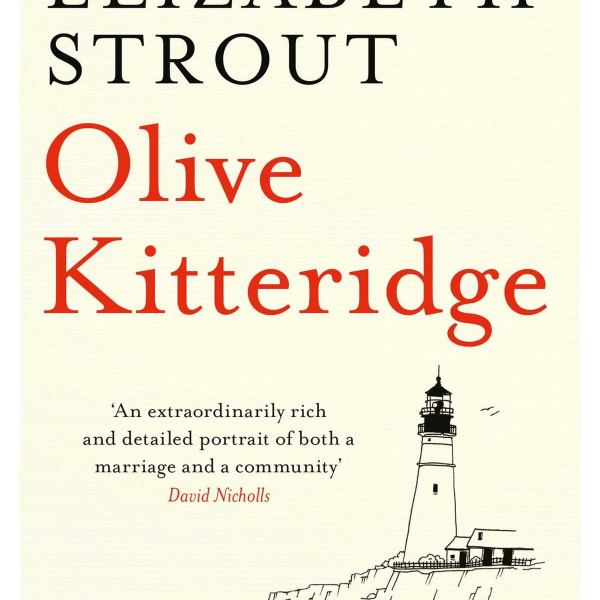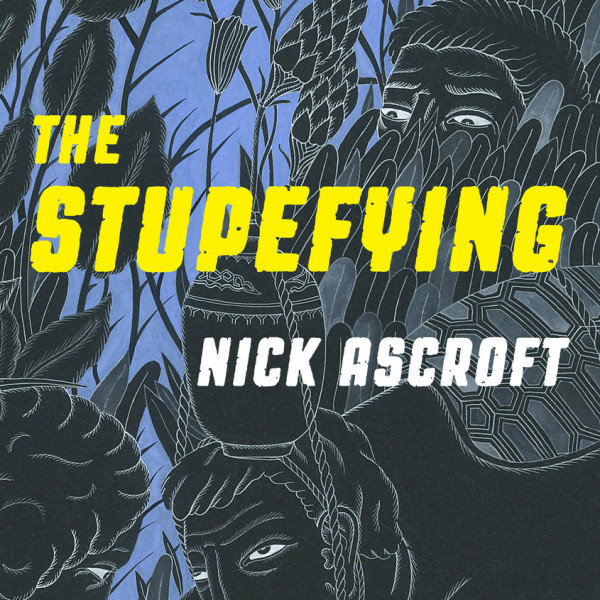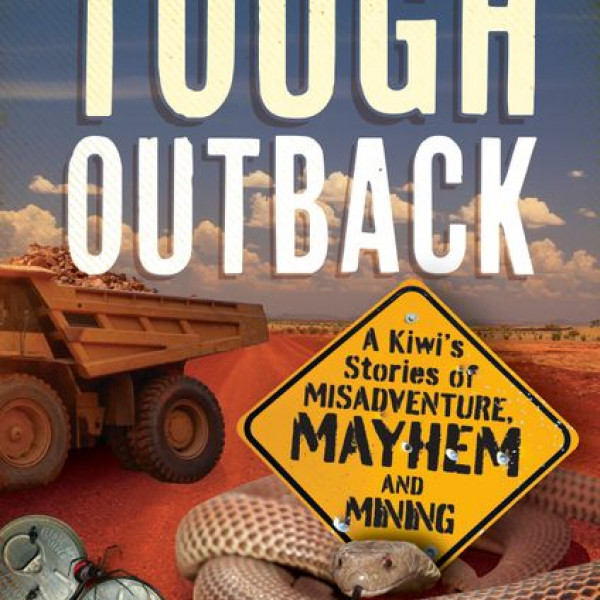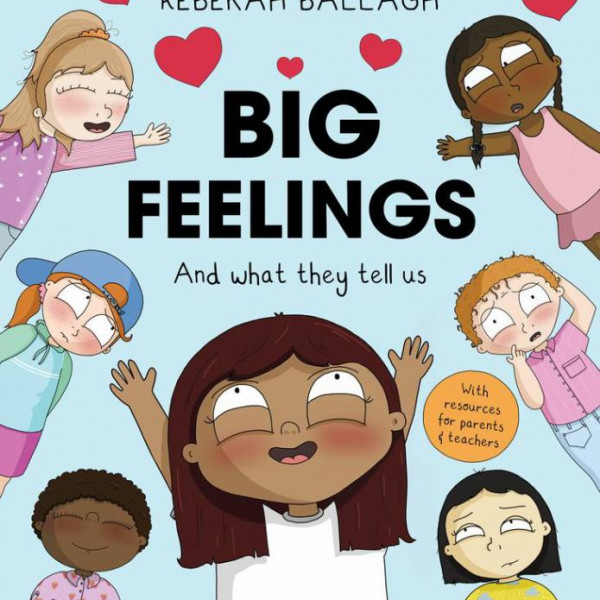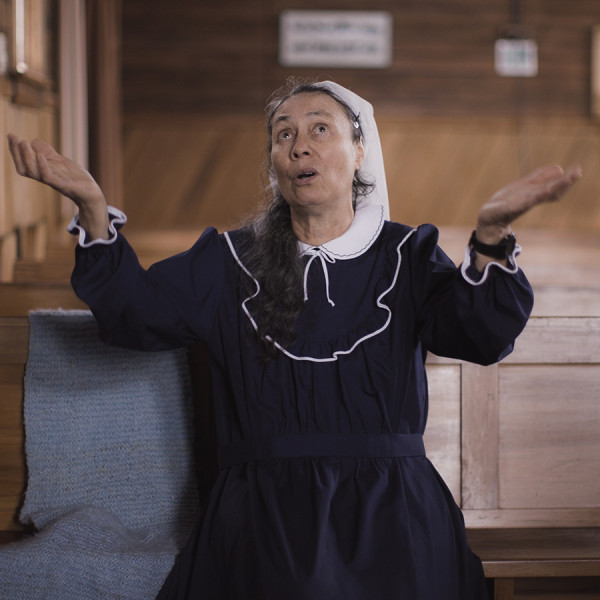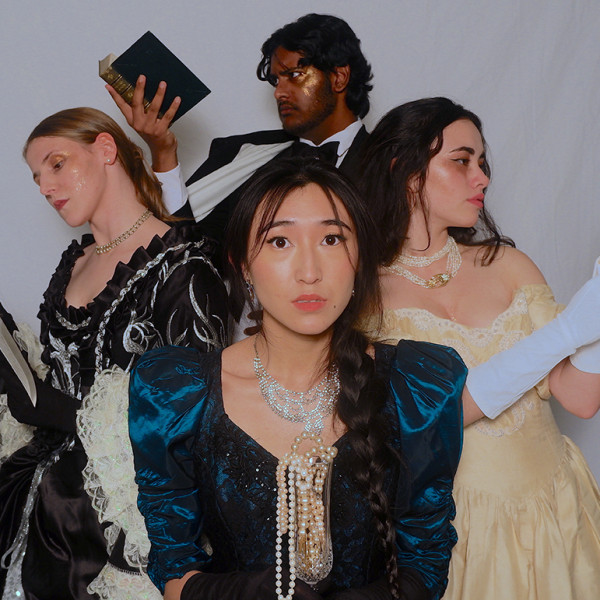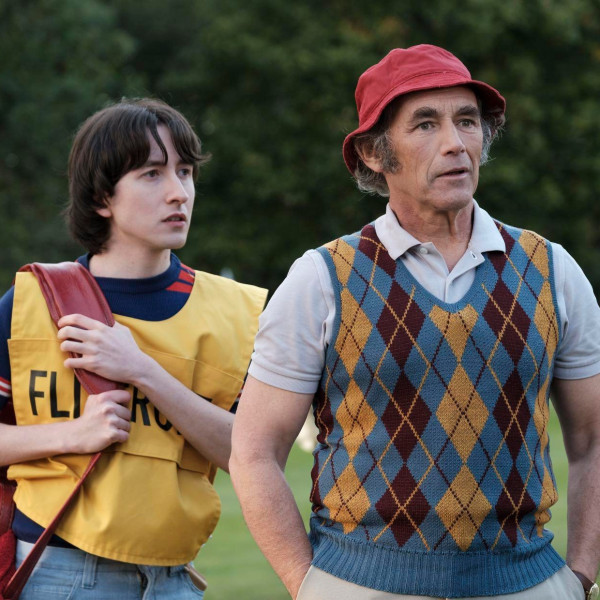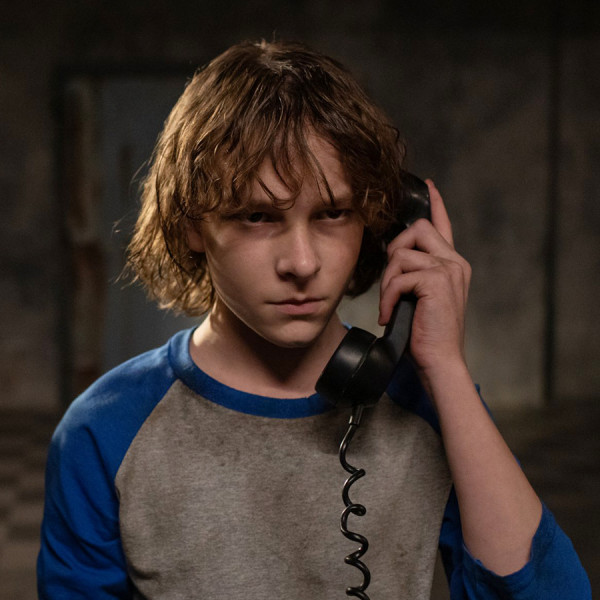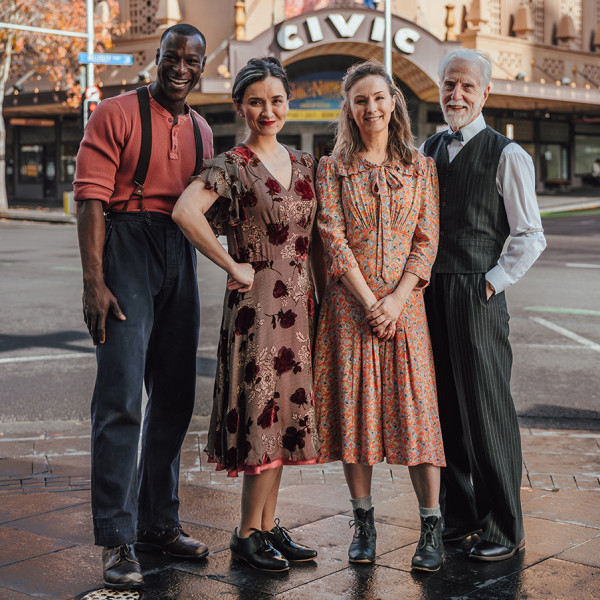
The Book Addict
Written by: Annie Ruth
Directed by: Robin Payne
BATS Theatre, 30th Aug 2022
Reviewed by: Finlay Langelaan
Annie Ruth bears all, much to her mother’s dismay, in her autobiographical monologue The Book Addict. The performance makes some bold choices but ultimately falls short of its potential.
I am initially impressed by the set design, which is tasteful and elegant, with piles of books and a martini glass arranged around a barstool. Ruth enters, speaking directly to the audience as if we are old friends. Before long, we are deep in a collection of stories from across the whole of our protagonist’s life. The content is engaging; fascinating tales of love and loss, family and friends. I am utterly envious of Ruth’s adventures across Greece, Aotearoa, and beyond.
The strength of the show is in the universal appeal of powerfully human stories. I am clearly not quite the intended audience, and as such a few of the references and name drops go over my head, but the heart of the piece is relatable. A number of audience members are mentioned by name, which grounds the show in reality but also excludes those of us who don’t know Ruth personally. A little more movement would prevent the piece from becoming static, and I would have appreciated a suicide content warning, but I am engrossed regardless.
Throughout her monologue, Ruth draws from books to help frame and explain her tales. While this is an interesting technique, and I am delighted to recognise a number of her favourite titles, I’m unconvinced of the overall significance of the books. Ruth’s musings on the uncontrollable nature of our lives and the importance of fighting for happiness are interesting but never quite come to fruition, leaving me wondering about the overall message of the play.
Ruth’s natural abundance of charisma carries her through, but I do wish there had been less setup and more punchline. The Book Addict has some golden moments but is more akin to a lecture from a relative than a theatre piece.




